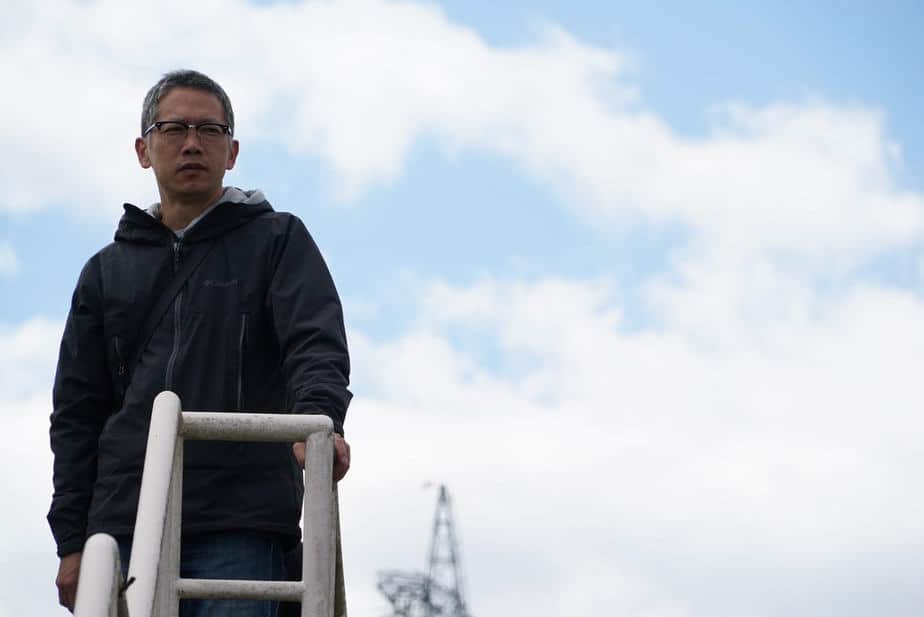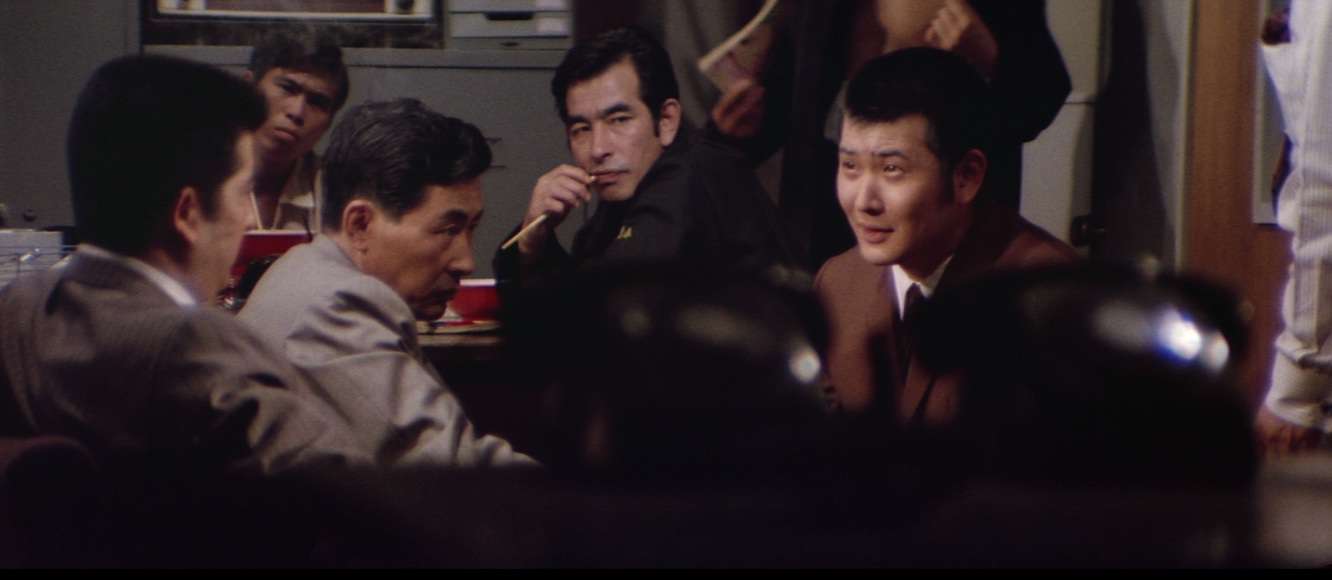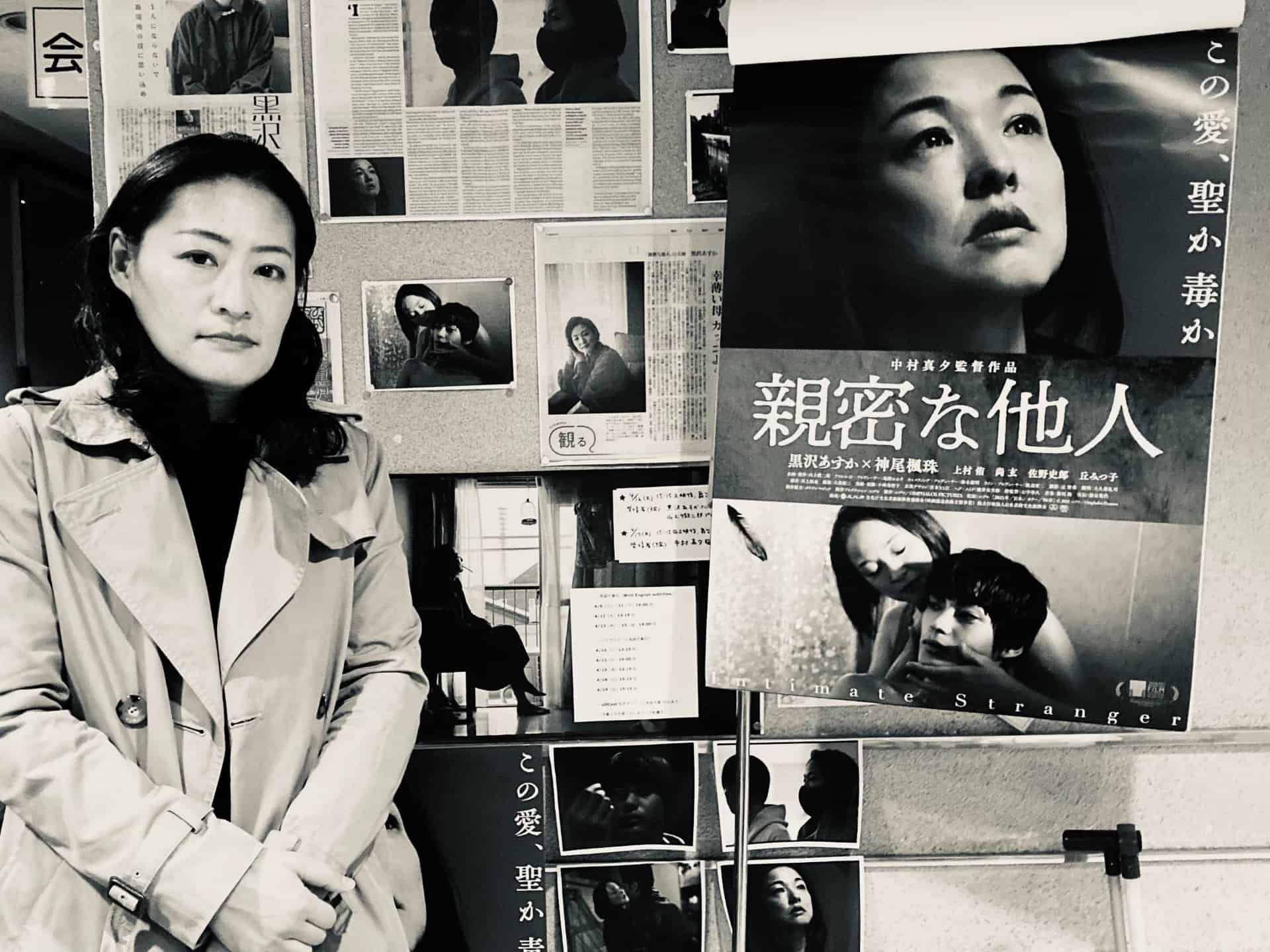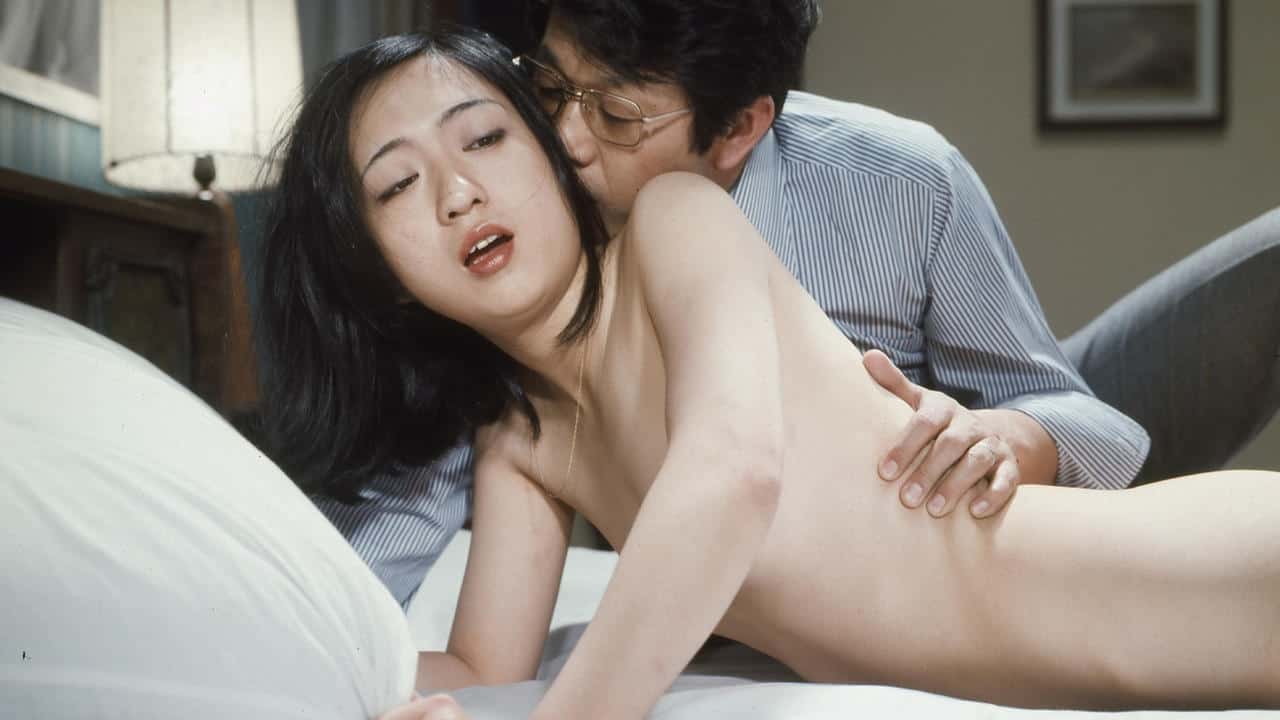Shinobu Yaguchi specializes in feel-good “zero to hero” films, where a group of people take up an unlikely activity, face a number of obstacles, but finally succeed. His film Waterboys was particularly successful and led to a TV series which entered its third season in 2005. He was awarded Best Screenplay at the 2005 Yokohama Film Festival for his film Swing Girls. (Wikipedia)
Having previously won the ‘audience choice award' at season four of Asian Pop Up Cinema, his film “Survival Family” was brought back as part of the online themed festival ‘father's day cheer'. On this occasion, we got a chance to speak to the director about challenges in capturing a powerless Japan, as well as his own thoughts on the role technology plays in modern society.
“Survival Family” is screening as part of Father's Day Cheer on Asian Pop Up Cinema
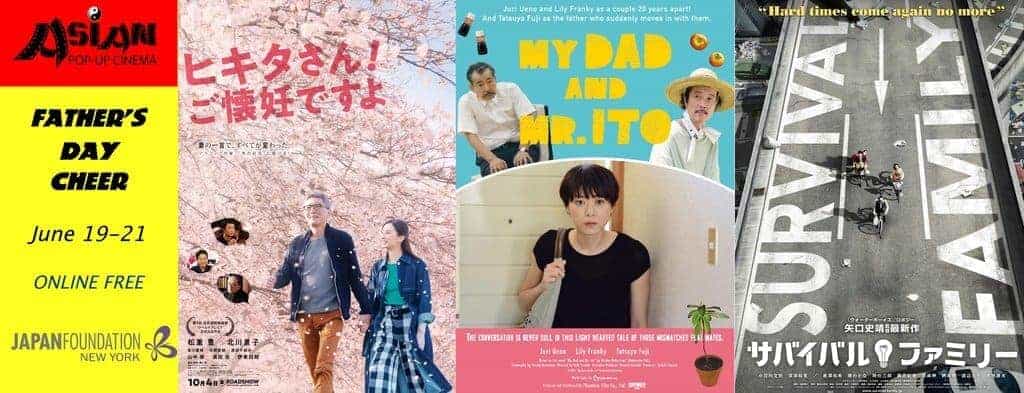
*Asian Movie Pulse would like to give a special thank you to Yuki Sakamoto for translating the interview.
Music is a central theme in a number of your movies. What is the importance of music for you and why did you decide to make it such an integral part of your films?
For “Water Boys”, “Swing Girls”, and “Dance with me”, the lyrics and melodies of the music are part of the story structures and either completely compatible with the scenes or completely mismatched: that's the essential and interesting points. For “Survival Family”, it is a story about the world where the device projecting the music doesn't work, so I decreased the usage of music and the accompaniment as much as possible for not guiding the audience and deliberately make them slightly insecure.
Regarding “Waterboys”, I always thought there was a homoerotic element in the depiction of the young boy's bodies. Was that one of your purposes?
I didn't intend anything. The “OKAMA” culture, the transgender culture, exists from a long time ago in Japan and we are used to living with it. Therefore, I didn't think of portraying homosexuality as a foreign subject in particular.
A number of young actors had their breakthrough roles in your movies. How did you achieve that and do you prefer working with young or experienced actors?
I have never chosen actors from the perspective of who would be the next star. Rather, I just choose someone who is the best for the role and ask she/he to take a lesson. As a result, the actors who are unknown and fresh, freely and vividly moving around in the story will be well received and that may support their breakthrough, I think. It would take extra time to shoot the film with them; however, it would give me the unexpected joy that only young actors could provide without past experiences.
Your film “Survival Family” previously won the audience choice award at Asian Pop-Up Festival in Chicago. Recently they brought back the film for an online showing. How do you feel about festivals switching to online and the effect it has on the future of theaters?
When you watch films in the theater, 1. the experience is shared by many people at the same time, 2. once the film starts, it cannot be stopped by personal control but keeps going, 3. the film would be the only information source for the audience. Under those conditions, audience watching the films in the theater enjoy the best cinematic effects intended for them crafted by the filmmakers. Online streaming however provides the convenience for people to watch from home, and properly at a cheaper ticket but at the expense of not having the full effect watching inside the theater.
“Survival Family” takes place in a society without electricity or power. What was the most challenging part of filming in populated areas and keeping the illusion that there was no power?
We had to stop any kind of lights such as moving light, light with transportation, some devices with beeping noise: either kick them out from the frame or had to wait for them to pass. That was very difficult.
Did the flooding of streets with both people and trash restrict the time you had to film? If so, how did the cast and crew react to working under these restrictions?
I always had the time restriction on my mind. During the film shoot, I had the garbage truck standing by so that we can prepare dirty streets anytime.

The film required a lot of physical work from the actors, did this change your approach to casting? Were there any major challenges with cast or crew to get through certain scenes, such as the river crossing sequence?
We didn't conduct studio shooting nor CG so I told the cast to react naturally to whatever happened to them. And every day when they came to the locations, I told them “please catch the pig” or “please cross the river by raft.” Something that they experienced for the first time. I captured their almost spontaneous reactions to the situation. The scene of them crossing the river was shot in the winter so I told them “don't show that you are freezing cold.”
As the family struggles, their bond increases and they become more self-sufficient. A large part of their growth seems to come from having to live without the ease and distraction of technology. Does this reflect any of your own personal beliefs on the role technology plays within society?
Yes, that is for sure. The more convenient devices you take into your life, the less you are depending on utilizing your own natural instincts, vital organs and sense for survival. Human relationships become more complicated as well. Once you start getting used to the convenient world with all the technologies, it is difficult to stop, although some people oppose the idea and wish “let's stop all at once” unless we had an extraordinary natural occurrence that shuts down all the electricity.
Taking the importance of money away, the dynamic of the family drastically changes. Notably, the mother takes a more dominant role in keeping her family safe through fast decisions and good communication. Do you feel that the strength of certain family members goes unappreciated when income is considered to be of the highest importance?
Only by realizing money as “the exchangeable tickets that function under certain rules,” you could use it wisely and quickly adjust to follow different rules. Within the Suzuki family, the wife Mitsue is the first one to realize this, therefore only her husband Yoshiyuki who resisted changing rules got impoverished.
What is your opinion on the Japanese movie Industry at the moment?
I don't have one. I myself will keep pursuing the different themes that excite me and work on them with my sincerity.
Are you working on anything new?
Yes, I have a current project that I am working on. However, it is still a secret for now.


